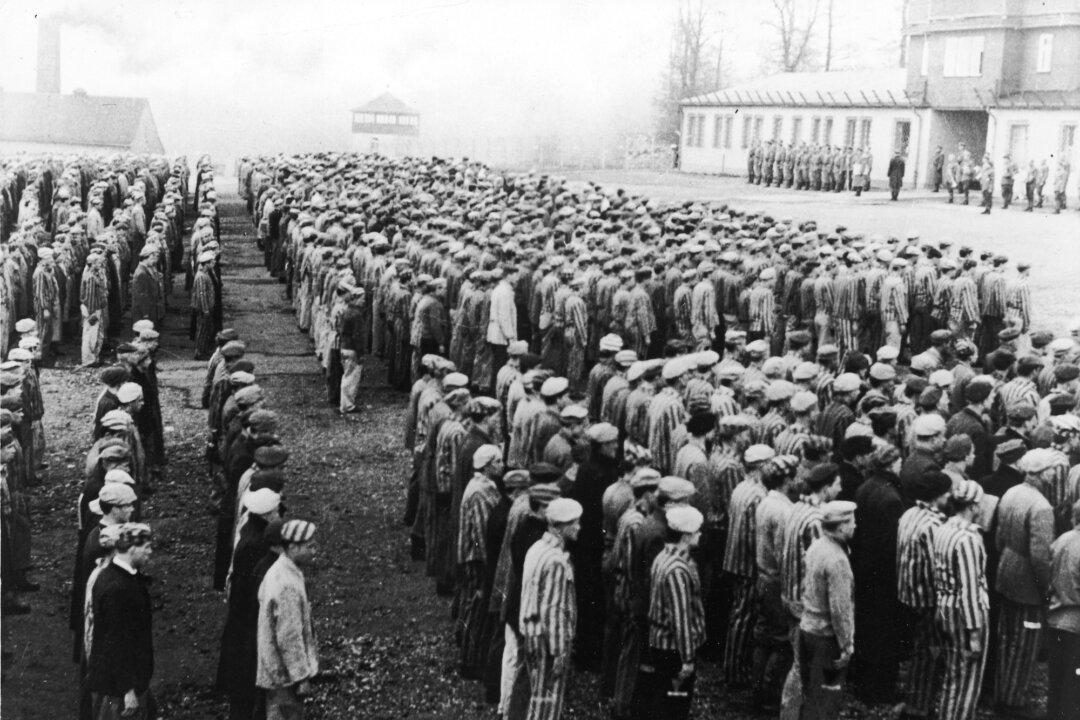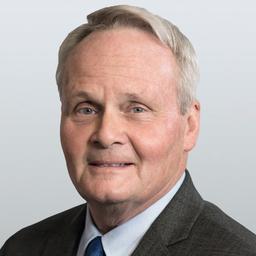July 29 marks an infamous centennial. One hundred years ago—on July 29, 1921—Adolf Hitler assumed the leadership of the National Socialist German Workers Party, better known as the Nazis. It became his vehicle to power.
Note the formal, official name of the party. It was not the National Capitalist German Workers Party. It was not the National Free Market German Workers Party. Nor was it the National Christian German Workers Party. Yet a century later, claims that Nazis were capitalist or Christian or both—though preposterous—are still occasionally heard.





